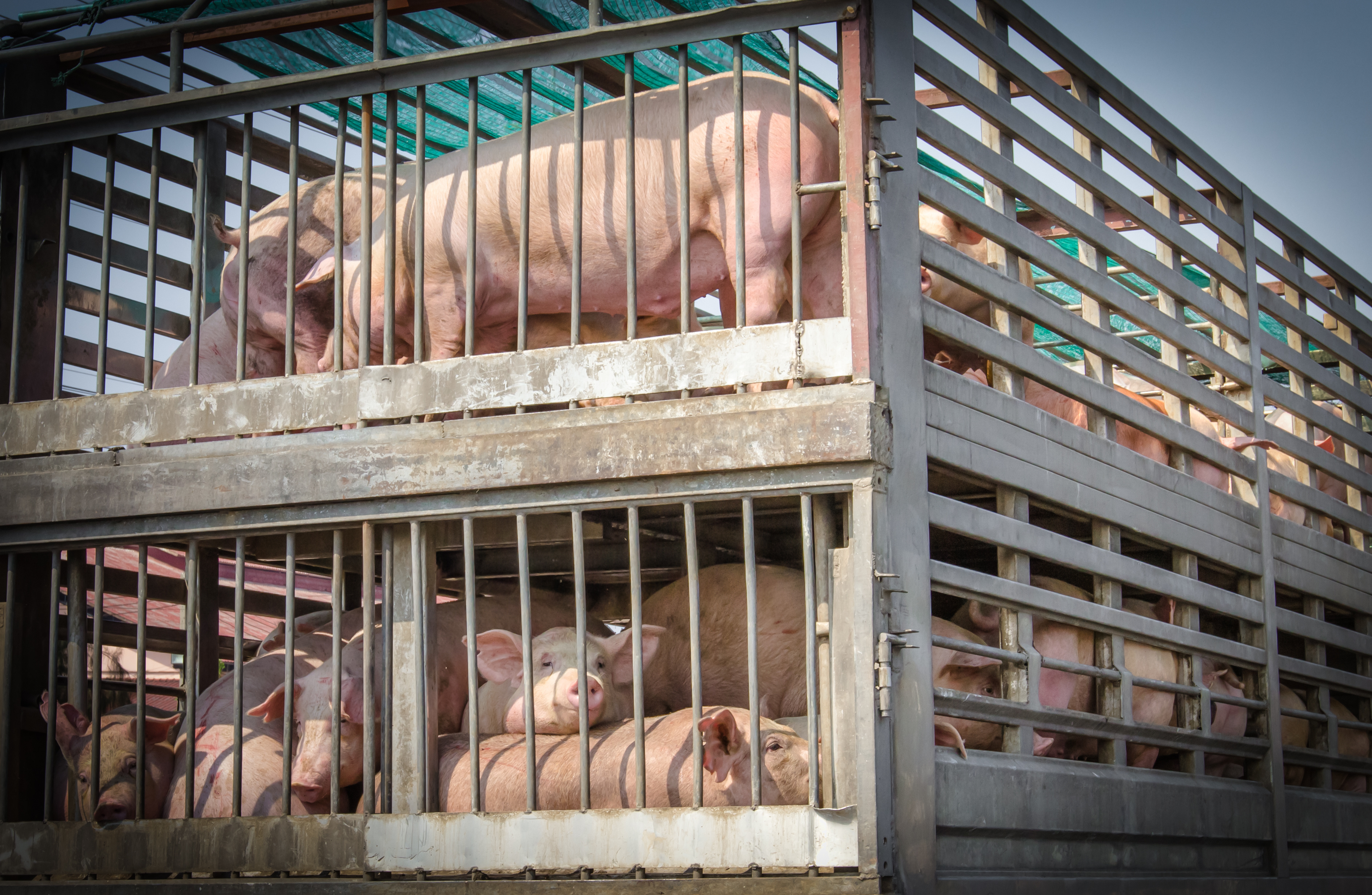



Asian countries ban imports of German pigs and pork after ASF case
Japan, South Korea and China have suspended imports of pork and live pigs from Germany after a case of African swine fever was confirmed in a wild boar.Reuters reports that the suspensions are aimed at keeping ASF out of these countries.
The import bans will be a major hit for German producers and will push global prices for pork to new highs. This price increase will also put pressure on China, where meat supplies are tightening.
China is the world's top meat buyer and Germany is its third largest supplier. The supply upset comes as China contends with an unprecedented pork shortage after its own ASF epidemic.

The ban on Germany, which has supplied about 14 percent of China's pork imports so far this year, will push up demand for meat from other major suppliers like the United States and Spain, boosting global prices.
German pork exports to China are worth around €1 billion ($1.2 billion) annually, and volumes had doubled in the first four months of this year on soaring demand after Chinese output shrank around 20 percent.
A spokeswoman for the German Food and Agriculture Ministry confirmed the ban, adding that the ministry remained in talks with the Chinese government on the matter.
German farmer's association DBV urged the German government to continue talks with China about using a regional ban on imports involving only the local area in which an ASF case was found, rather than a blanket national import ban.
Germany's huge pork sales to China involve huge volumes of pigs' ears, feet and tails. These are hardly eaten in Europe and the ban has created intense concern among German farmers about where this can now be sold, said DBV president Joachim Rukwied.
The ban, announced by China's customs agency and its agriculture ministry, had been widely anticipated given Beijing's history of moving quickly to implement bans in such cases.
It comes before Chinese President Xi Jinping attends a meeting via video link with German Chancellor Angela Merkel and European Union leaders.
Japan imported 40,240 tonnes of pork from Germany in 2019, making up 3.3 percent of Japan’s total imports of 1.2 million tonnes of pig meat. Japan did not import any live pigs in 2019, down from six in 2018.
Exporters poised to make record profits
The Chinese, Japanese and South Korean bans are expected to benefit other major suppliers like the United States, Spain and Brazil.
"Spain's white pig sector is fully prepared to continue its growth trend in sales of safe and quality pork products to the Chinese market," Daniel de Miguel, international director of trade body Interporc, said on Friday 11 September ahead of China’s ban on German pork.
Unlike other European countries, Spain has not had to shut any pork processing plants due to coronavirus outbreaks in recent weeks, he added.
The United States is also "well positioned" to ship more pork to China, said Joe Schuele, spokesman for the US Meat Export Federation.
US live hog futures climbed on 10 and 11 September on anticipation of the ban.
African swine fever spreads through contact with infected animals' body fluids and can also be spread by people and trucks. It is almost always fatal in pigs and there is no cure or vaccine available. It does not harm people.






